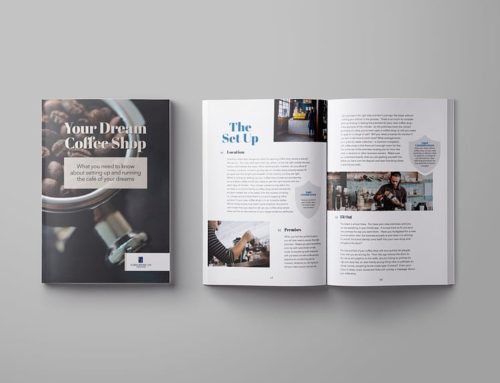 The breakdown of a marriage can be a traumatic rollercoaster made even worse by uncertainty as to what your rights are and where you stand in the eyes of the Law.
The breakdown of a marriage can be a traumatic rollercoaster made even worse by uncertainty as to what your rights are and where you stand in the eyes of the Law.
It is very important to visit your solicitor to obtain guidance on this.
When you first consult a solicitor about the breakdown of a marriage his first duty is to talk to you in relation to reconciliation, mediation and alternative forms of dispute resolution.
Hearing your solicitor talk about reconciliation may well be the last thing you want to know when you have gone to see him about a marriage breakdown, however, this is something your solicitor is obliged to do even if this is brief. You are quite entitled to tell your solicitor that there is no prospect of a reconciliation. Mediation is somewhat different and in essence recognises that a marriage has broken down and seeks to mediate towards a solution. Similarly there are alternative forms of dispute resolution such as collaborative law which your solicitor can advise you about.
In Ireland you are not entitled to a divorce unless you have been separated and apart for four years out of a five year period. This means that in the short term a separation only will be available to you and this can come about in two ways; either by a separation agreement (and also known as a deed of separation) or alternatively a judicial separation which involves court proceedings.
A separation agreement is always preferable to a judicial separation as it is far cheaper, quicker and it avoids the trauma of going to court.
When parties are separated the legal ties between them are cut however they remain married and crucially cannot remarry. Importantly once parties are divorced they are free to remarry in law.
If a marriage has irretrievably broken down then it is important to regularise your own situation and seek a separation at least in the short term which might later be followed up by a divorce for a number of reasons. One example of this would be that it is difficult for one spouse to attempt to sell property without his or her spouse’s consent if a formal separation or divorce has not taken place. This can apply particularly to a family home. Another example relates to a legal right share. In Irish Law if one spouse dies and no formal separation or divorce has taken place then the other spouse is entitled to take up to anywhere between one third to the entire estate of the deceased under a legal right share.
The main areas in a separation relate to children and property. In relation to children both married parents are automatically guardians which means they are entitled to a say in terms of any children’s upbringing and welfare. In many cases a mother will have custody of the children with access going to the father. Every endeavour should be made to compromise this as the alternative will involve an application to court. Similarly maintenance should be agreed between the parties as again the alternative means an application to court. Where maintenance is paid this should ideally be done by way of a standing order from one bank account to another. This gives certainty and also provides for evidence of payment.
In terms of division of property, money and assets, a guiding principle is to make proper provision for each party. You solicitor will ask you to complete an affidavit of means setting out details of your financial position. This is broken down into 5 separate areas relating to assets, income, liabilities, expenses and any pension. If all aspects of your separation can be agreed then a separation agreement can be drawn up on your behalf and this is then signed by you and your spouse and witnessed by each of your solicitors.
If at all possible it is better to avoid court which can be expensive and drawn out. A court hearing will be heard in private but things might be said that cannot be unsaid. You should bear in mind that if you and your spouse have children you will always be linked for the rest of your lives.
For further information please contact Philip Vint, Solicitor, on 059 91 31656 or by e-mail philip@clarkejeffers.com.






